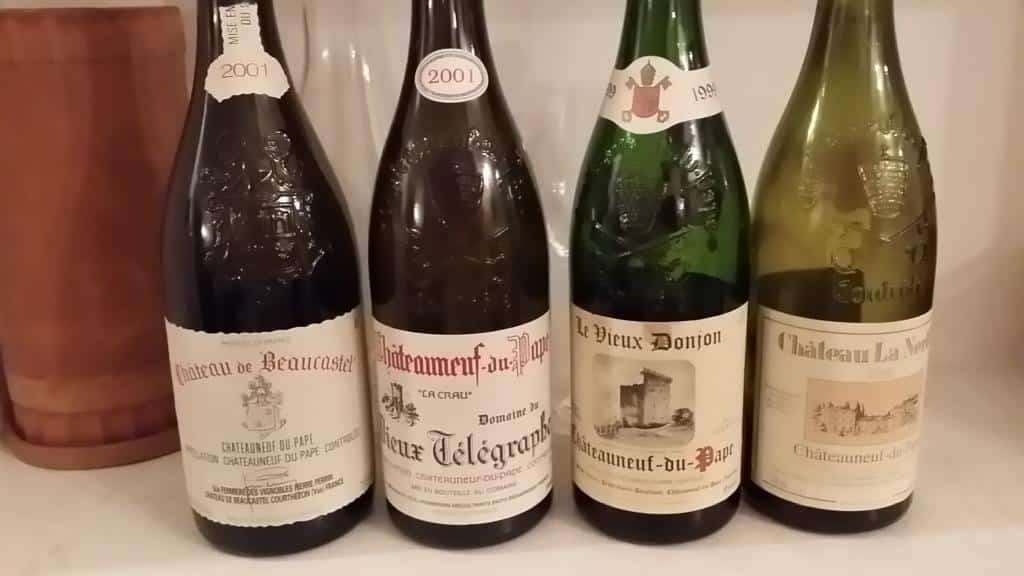Tim James: On high alcohol levels
By Christian Eedes, 1 December 2014
 An aversion to high alcohol levels is something that unites most of what we might call the Cape wine revolutionaries to an international avant-garde movement. It seems sometimes even to be an end in itself, or an article of faith – though of course the question of drinkability and balance is always involved.
An aversion to high alcohol levels is something that unites most of what we might call the Cape wine revolutionaries to an international avant-garde movement. It seems sometimes even to be an end in itself, or an article of faith – though of course the question of drinkability and balance is always involved.
In part, seeking lower alcohols is an element of a necessary backlash against the excesses of ripeness and power that seemed to impel many of the judgements of Robert Parker and those sharing – or cynically catering to – his aesthetic. This aesthetic remains, of course, probably dominant in well-reputed Cape red wine: witness the wines offered on the Cape Winemakers Guild Auction.
I’d largely agree that many such wines are hard to drink. Looking internationally, I believe that, on the whole, Bordeaux was better (more drinkable and elegant) when alcohol levels were generally about 12.5% – and I don’t believe that unavoidable climate change is more to blame for the current bloat than a desire to genuflect before the dollar.
But I’m reminded in some circumstances that, like so many truths, this is not a universal one – high alcohol levels in themselves are not necessarily to be sneered at. I chatted briefly with British winewriter Andrew Jefford about it on his recent visit to South Africa, because I had much admired the Domaine Gauby Muntada 2011 that had been tasted at the Swartland Revolution – Andrew less so. Gauby has, over recent years, brought alcohol levels down substantially, and Andrew thinks this defies the conditions offered by Roussillon in the south of France, and that suchlike wines miss, by virtue of lesser ripeness and correspondingly modest alcohol, something of what he considers the true character of the region.
Another southern French region was explored last Saturday night, at the generous tasting of Châteauneuf-du-Pape offered, with a fine dinner, by Angela Lloyd in Cape Town. We winos (winemakers, a sommelier, etc) had a dozen reds, ranging from a 1990 Beaucastel (bretty, but full of life and character and much enjoyed, to a fruity young La Roquète 2010. The majority favourite was a delicious, still youthful Domaine Télégraphe 2001, with charm and poise as well as power.
Alcoholic power. No use looking to the bottles for information, as French wine labels are notoriously unreliable under-estimators of genuine alcohol levels, but the official minimum in the area is 13.5%, and most of these ripe, rich and beautifully textured wines were probably much higher – one or two surely over 16%.
Yet there were few complaints. There is always an amazing freshness in good Châteauneuf. Why would most of us, enjoying these wines, have enthused so much less about the majority of Cape blockbusters?
We discussed this, and an important aspect is clearly the element of sweetness in so many big, ripe wines here – these Châteauneufs were all genuinely dry. Too many local wines don’t ferment completely dry, many of them retaining over two grams per litre of residual sugar, some quite a bit over. Partly this is because local conditions seem to produce higher levels of sweeter, difficult-to-ferment fructose (as opposed to sucrose).
That combines with high alcohol to give a heavy sweetness that detracts from freshness (especially when acidity is lowish, or obviously added and unintegrated). Furthermore, someone pointed out, wines made in this style tend to also have too much (new, small) oak lavished on them. Most good Châteauneuf uses all or mostly big old foudres or concrete for maturation.
These things and more can make all the difference. We must be careful not to accuse only alcohol levels.
- Tim James is founder of Grape.co.za and contributes to various local and international wine publications. He is a taster (and associate editor) for Platter’s. His book Wines of South Africa – Tradition and Revolution appeared in 2013.







Comments
0 comment(s)
Please read our Comments Policy here.